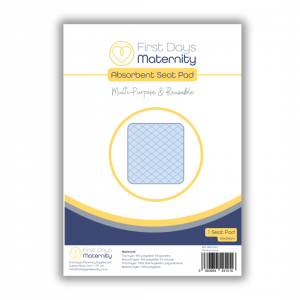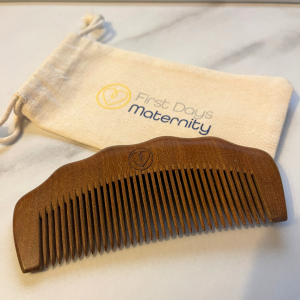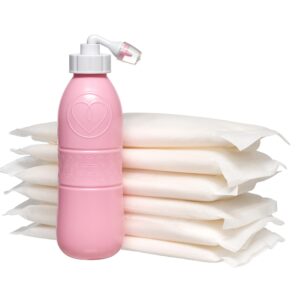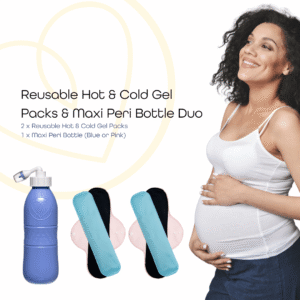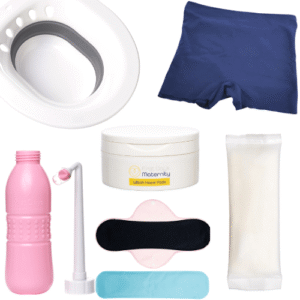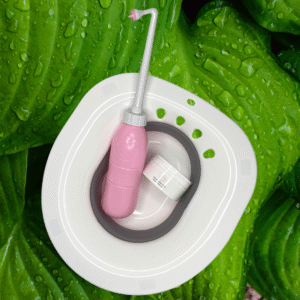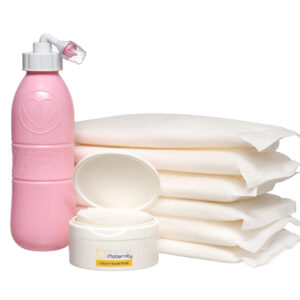Because your recovery matters too.
Thoughtful care for your post-birth recovery
Free shipping over £30

Caring for Mums, Every Step of the Way
Because Your Recovery Deserves Care Too
Trusted by Mums, Loved for Comfort
Our Bestselling Postpartum Essentials
-
Accessories
Absorbent Underwear
£5.99 Inc VAT This product has multiple variants. The options may be chosen on the product page -
Accessories
Absorbent Seat Pad
£8.95Original price was: £8.95.£7.50Current price is: £7.50. Inc VAT -
Postpartum Recovery
Postpartum Recovery Bundle
£45.00 Inc VAT This product has multiple variants. The options may be chosen on the product page -
Postpartum Recovery
Soothing Haemorrhoid Care Kit
£25.00 Inc VAT This product has multiple variants. The options may be chosen on the product page -
Postpartum Recovery
Hospital Bag Essentials Trio
£28.99 Inc VAT This product has multiple variants. The options may be chosen on the product page
It's all in the planning...
Have you planned and prepared for your postpartum recovery?
Every woman will go through a period of postpartum recovery, regardless of the type of birth she has, yet post-birth recovery is still a topic that doesn’t often come up in conversation. We are on a mission to get more women taking their postpartum journey seriously – you won’t find anything for babies here!
Unfortunately, postpartum care is still too often overlooked and should be considered a ‘must’, not a luxury. Before buying another cute baby outfit (that will probably only be worn twice), consider purchasing a little something that you will truly value in your moments of need, (or a very thoughtful gift for a mum to be). Thankfully there is an ever growing range of products to help you recover quicker and easier, there is no need to struggle with postnatal discomfort unnecessarily.
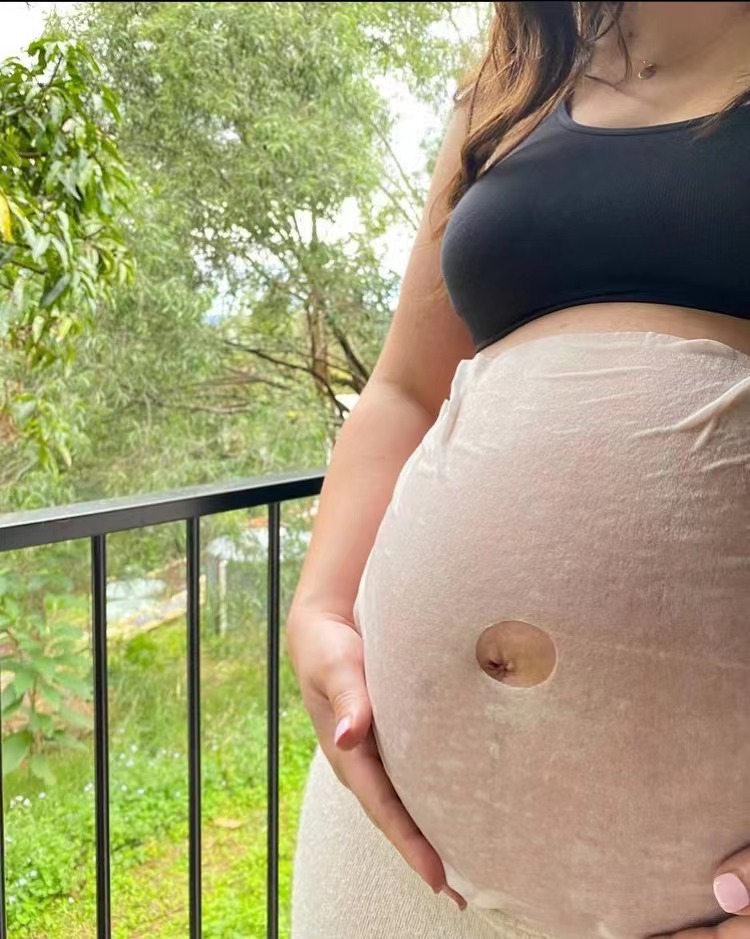
Helpful Products for a Smoother Recovery
Explore Our Postpartum Care Collections
Postpartum Recovery
Soothe, heal, and feel your best with essentials designed for comfort after birth. From Instant Perineal Cold Packs to Witch Hazel Pads and Sitz Baths.
Breastfeeding
Ease the challenges of nursing with products that bring comfort and relief. Our breastfeeding range includes cooling and warming pads, nipple care items.
Pregnancy – Belly Sheet Masks
Pamper your growing bump with deeply hydrating and nourishing sheet masks. These gentle formulas help improve skin elasticity, prevent dryness, and give your belly care.
C-Section
Support healing after a caesarean with silicone scar patches, reusable cold packs, and soothing care essentials designed to reduce discomfort and promote recovery.
Accessories
It's the little things that make the difference. Check our latest arrival; the Birth Buddy Comb!
Clearance
Enjoy special discounts on selected maternity and recovery products. Perfect for trying something new or stocking up on your postpartum essentials while saving.
What Does Postpartum Mean ?
Understand the physical and emotional changes your body goes through after birth — and why giving yourself time to heal is so important.
Preparing for Recovery
From hospital bags to essential postpartum kits, get ready with everything you’ll need for comfort and healing after childbirth.
Healing After a C-Section
Discover gentle ways to care for your scar, reduce discomfort, and promote faster healing using natural, soothing products.
Perineal Care Tips
Support your recovery with cold therapy pads, peri bottles, and warm sitz baths that soothe tenderness and help you feel like yourself again.
Learn, Heal & Feel Empowered
Knowledge for a Confident Recovery
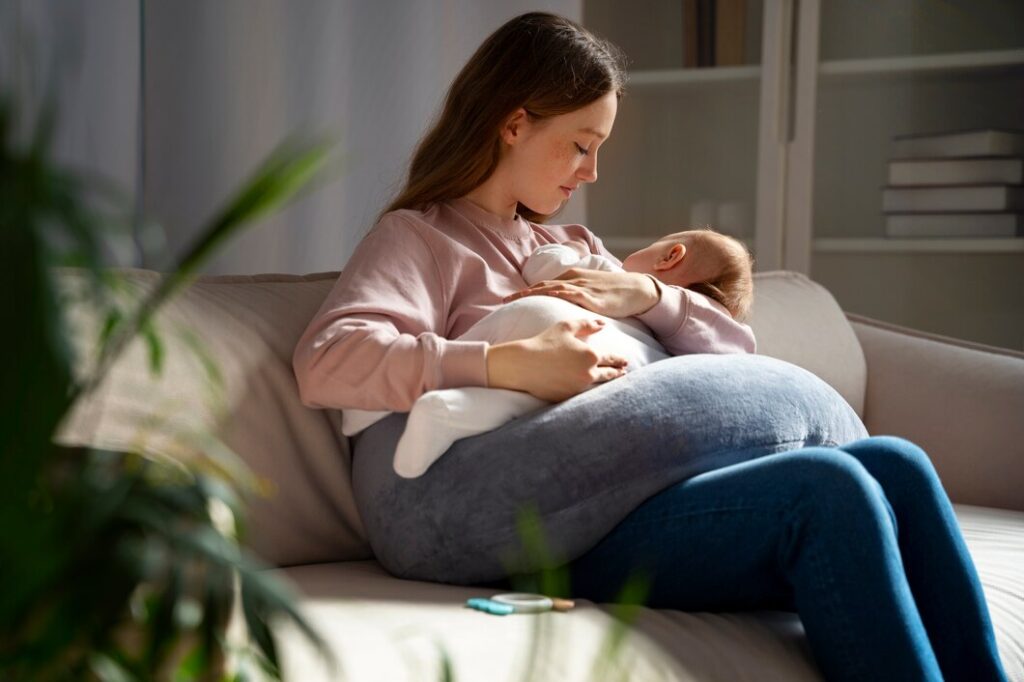
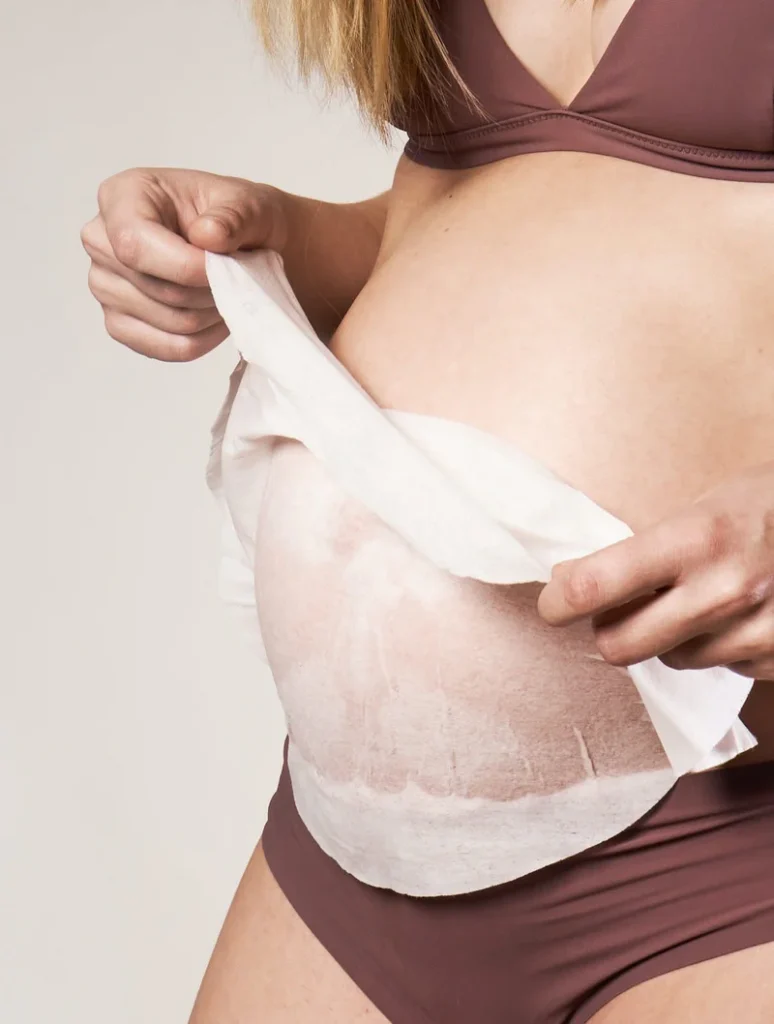
Got Questions?
We’ve Got the Answers You Need
What does postpartum mean?
Postpartum refers to the period of time after a woman gives birth. It typically covers the first six weeks after delivery, but it can extend to several months as the mother recovers and adjusts to life with a new baby. During the postpartum period, a woman’s body goes through various physical and emotional changes as it heals from childbirth and adapts to the demands of caring for a newborn.
Everybody’s postpartum period will be different and it is important to try and not compare yourself to others. Even your own body will respond differently after each birth.
In the context of products, “postpartum goods” typically include items that help with recovery, comfort, and support post-birth, such as perineal care items like Instant Perineal Cold Packs, Witch Hazel Pads, Perineal ‘Peri’ Bottles and more.
How can I help haemorrhoids during pregnancy or postpartum?
Postpartum haemorrhoids are a common issue after giving birth, especially if you experienced a vaginal delivery with significant pushing. Haemorrhoids are swollen veins in the rectal area that can cause pain, itching, and discomfort. Sometimes they’re called Piles, this is the same thing.
How Long Do Postpartum Haemorrhoids Last?
The duration of postpartum haemorrhoids varies:
- Mild Haemorrhoids: These can resolve within a few days to a week with proper care.
- Moderate to Severe Haemorrhoids: These may take a few weeks to fully heal. In some cases, they can persist for a longer period, especially if there’s ongoing constipation or strain.
What Can You Do for Postpartum Haemorrhoids?
Here are some effective treatments and remedies to help alleviate haemorrhoids:
1. Over-the-Counter (OTC) Treatments
- Haemorrhoid Creams and Ointments: Products containing ingredients like hydrocortisone (e.g., Preparation H) can reduce inflammation and discomfort. You can buy this sot of thing from your local pharmacy where the staff will be able to advise you if required.
- Witch Hazel Pads: Witch hazel is a natural astringent that helps soothe irritation and reduce swelling. Our Witch Hazel Pads are made from 100% cotton, so they’re soft and gentle on your delicate skin. Witch Hazel Pads are for external use only.
2. Home Remedies
- Sitz Baths: Soaking in warm water for 10-15 minutes a few times a day can relieve pain and promote healing. See our Collapsible Sitz Bath here.
- Cold Compresses: Applying a cold pack or ice wrapped in a cloth can reduce swelling and numb the area. We have a selection of instant and reusable instant ice packs suitable for soothing piles.
- Keep the Area Clean and Dry: Use a Maxi Peri Bottle, soft wipes or cotton pads instead of rough toilet paper, and avoid rubbing the area too harshly.
3. Dietary Changes
- High-Fibre Diet: Eating foods rich in fibre (like fruits, vegetables, and whole grains) helps soften stool and prevent constipation.
- Hydration: Drink plenty of water to keep stools soft and reduce straining.
- Stool Softeners: OTC stool softeners like docusate sodium (Colace) can ease bowel movements and reduce strain.
4. Lifestyle Adjustments
- Avoid Straining: Try not to push too hard during bowel movements, as this can worsen haemorrhoids.
- Regular Exercise: Light exercise like walking can promote healthy digestion and prevent constipation.
5. When to See a Doctor
- If your haemorrhoids are extremely painful, persist for more than a few weeks, or bleed heavily, it’s important to consult a healthcare provider. In very severe cases, medical procedures may be recommended.
With proper care and lifestyle adjustments, most postpartum haemorrhoids resolve on their own. However, if symptoms persist or worsen, don’t hesitate to seek medical advice from your healthcare professional. They have heard and seen it all before, and will be able to offer personalised advice to make your situation easier.
We have curated a Haemorrhoid Care Kit with useful products, have a look here.
When should I pack a hospital bag?
Some recommend packing your hospital bag at least 2–3 weeks before your estimated due date, while others suggest packing it during the third trimester, around week 36, or even earlier. Since only about 5% of babies are born on their exact due date, packing early can help you be ready if your baby comes early or late. Packing in advance can also help you feel more prepared and secure.
You can use any type of bag you like, such as a rucksack or small suitcase. You might want to consider packing two separate bags, one for labour and one for after, so you can find things quicker. You can also consider packing with your birth partner to make sure you have everything you need. A good tip is to have your birth partner pack your bag with you, so they know where everything is for when you need it.
For adults:
- birth plan, or ‘birth preferences’
- pregnancy notes
- comfortable clothing
- changes of clothes
- A spare towel for after showering
- bras and breast pads
- sanitary towels, and lots of them!
- knickers, the bigger the better
- toiletries
- postpartum recovery items
- snacks and drinks
- phone charger
- any other comforts you might like
For baby
- vests
- sleep suits
- outfit for going home
- hat
- blanket
- nappies, wipes etc.
Tips: Your baby may be smaller or larger than you expect, take more than one size of clothing.
What are the benefits of using witch hazel pads for postpartum recovery?
Witch hazel pads are a must-have for postpartum care. They can help reduce swelling, soothe perineal discomfort, and promote healing after childbirth. Their natural anti-inflammatory properties can also provide relief from those dreaded pregnancy and post-birth haemorrhoids. Our First Days Maternity Witch Hazel Pads are designed specifically for new mums, ideal for use in postpartum recovery kits, these pads provide instant cooling and relief.
How do cold therapy pads help with postpartum recovery?
Perineal Cold Packs, both instant and reusable, provide immediate relief from postpartum discomfort by helping to reduce swelling and soothe pain in the perineal area.
They are especially beneficial for episiotomy recovery and haemorrhoid relief.
Our Instant Perineal Cold Packs combine cooling therapy with an absorbent pad, offering a dual-purpose solution for new mums. Easy to use, they are a hygienic and effective addition to any postpartum care routine.
Our Reusable Perineal Hot and Cold Packs can be used warm or cool, as the name suggests. They can be used alongside breastfeeding or for any other bodily aches and pains. Afterwards, keep one in the freezer for use alongside your first aid kit!
How can I prepare for perineal care after labour?
Perineal discomfort is a common concern after a vaginal birth, especially if you’ve had stitches or a tear. Preparing in advance can make a big difference to your recovery. At First Days Maternity, we recommend having a few essentials ready in your hospital bag or at home. A Peri Bottle makes gentle cleaning easy and soothing after birth, while Witch Hazel Pads can help reduce swelling and support healing. Cold Packs and Sitz Baths are also great options for relieving soreness. Every birth is different, but with the right products, you can feel more comfortable and supported during recovery.
How can a Sitz Bath support postpartum recovery and perineal healing?
A Sitz Bath is a must-have for postpartum care, especially after a vaginal birth. It can help soothe perineal soreness, reduce swelling, and promote faster healing, particularly if you’ve had stitches, a tear, or an episiotomy. Warm water baths can bring gentle relief during those first few weeks after delivery. At First Days Maternity, our collapsible Sitz Bath is designed for new mums: it’s easy to use, fits most toilets, and folds away neatly when not in use.
While ideal for postpartum recovery, our Sitz Bath also supports people managing haemorrhoids, anal fissures, or post-surgical discomfort, making it a practical solution for perineal hygiene and relief beyond birth. It’s a discreet and soothing daily living aid that fits into any recovery routine.
Hear From Happy Mums
Real Stories, Real Recovery
Sarah L.
Emily R.
Hannah M.
Tips, Advice & Expert Insights
Explore Our Postpartum Blog
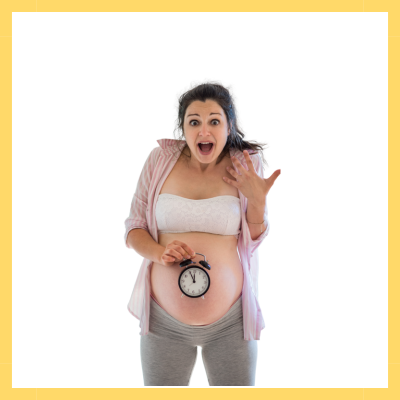
Are you due yet? How long have you got left? What are your thoughts about ‘due dates’?
Estimated Date of Delivery or the ‘Due Date’ It’s possibly the most frequently asked question throughout pregnancy, ‘when are you due?’ “How long have you got left?’ And by week
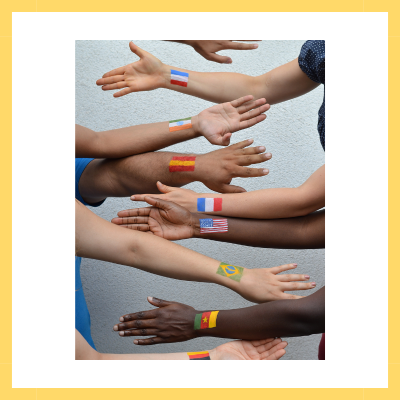
Postpartum Care Experiences Around the Globe
Postpartum care varies dramatically around the world and is dependent on cultural, social, and economic factors. Here are some variations: 1. United States of America Postpartum
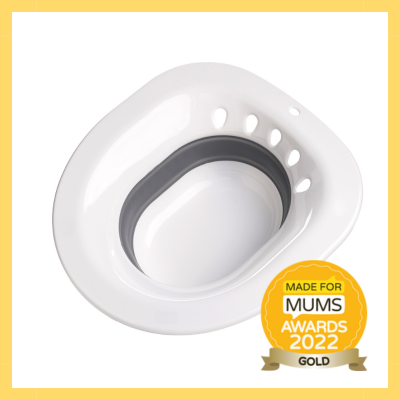
Sitz Bath Recipes for Postpartum Soothing
Sitz baths will help you to keep nice and clean during a usually messy time. They can also be very soothing and helpful for postpartum healing, especially if you’re experiencing


